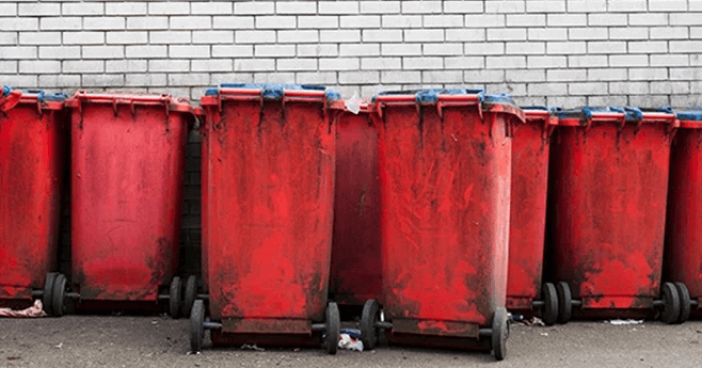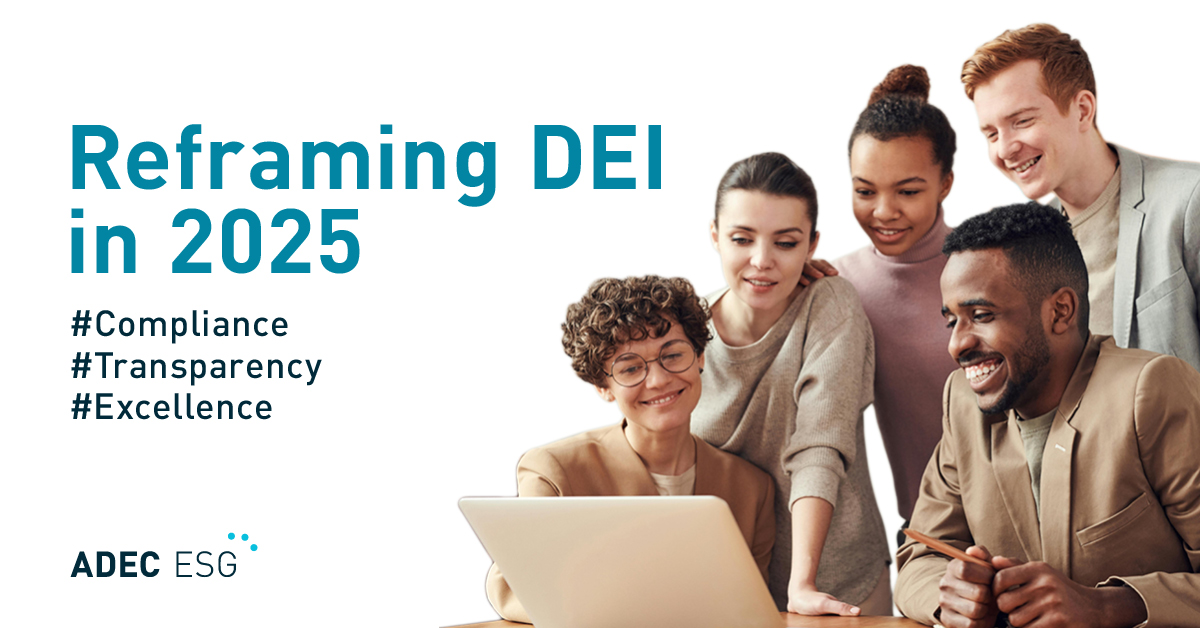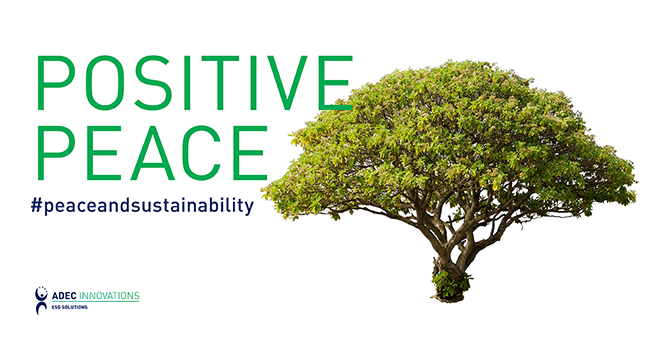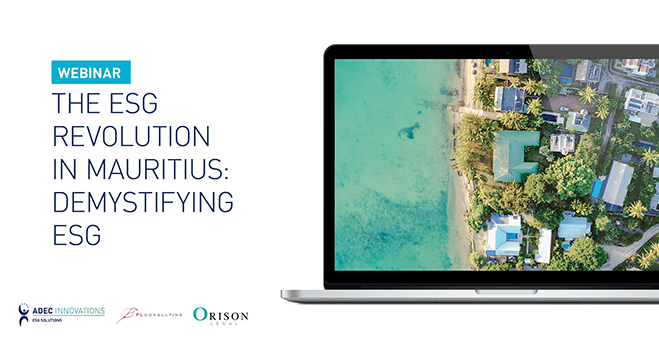Sustainable Development Goal 12 (SDG 12) calls for sustainable consumption and production characterized by resource and energy efficiency, sustainable infrastructure, access to basic services, green and decent jobs and a better quality of life. A critical factor to achieving this is the sound management of chemicals and waste (SMCW).
Businesses are the consumers of natural resources and the biggest producers of waste. With this fact in mind, SDG 12 is a call for businesses to change their patterns of consumption and production and to consider their impact on the rest of the world, especially the world’s poorest of communities. In line with this effort, SDG 12 has several targets. Target 12.4 is on SMCW, something applicable to most industries including energy, transportation, manufacturing, medicine and agriculture. Target 12.4 is stated thus: “By 2020, achieve the environmentally sound management of chemicals and all waste throughout their life cycle, in accordance with agreed international frameworks, and significantly reduce their release to air, water and soil in order to minimize their adverse impacts on human health and the environment.” Backed by government policies, businesses have a large role in achieving this target and making SMCW the norm.
International Frameworks set the stage
Doing so starts with action from the international community, as embodied by the United Nations. The following international frameworks or treaties initiated by UN agencies have defined the SMCW, setting the standards for making it a factor in government policies and business practices:
- Rotterdam Convention, or The Prior Informed Consent Procedure for Certain Hazardous Chemicals and Pesticides in International Trade
- The Stockholm Convention, or Protecting Human Health and the Environment from Persistent Organic Pollutants
- The Basel Convention, or Controlling Transboundary Movements of Hazardous Wastes and their Disposal
- The Minamata Convention, or the Global Treaty to Protect Human Health and the Environment from the Adverse Effects of Mercury
- SAICM or the Strategic Approach to International Chemicals Management
- GPA or the Global Programme of Action for the Protection of the Marine Environment from Land-based Activities
- The Montreal Protocol on Substances that Deplete the Ozone Layer
- The Vienna Convention for the Protection of the Ozone Layer
Mainstreaming SMCW in the Public and Private Sectors
These have set the stage for making SMCW a mainstream practice. Their goal is mainstreaming or the real implementation of SMCW through public sector policies and private sector investments.
For sustainable development to go in the right direction (truly safe for human health and the environment), the sound management of chemicals and waste has to become a policy and investment priority. Mainstreaming also means that SMCW has to be perceived by the public and private sector as a critical factor in the SDGs and a vital element that underpins a green economy and sustainable development.
An Enabling Environment
An enabling environment makes mainstreaming possible. An enabling environment is defined by the United Nations Environment Programme (UNEP) as one that integrates the sound management of chemicals and waste into national policies and programmes, sustainable development strategies, national budgets, bilateral development plans and multilateral assistance processes. Given this enabling environment, the private sector can launch into innovations that make the sound management of chemicals and waste a common practice.
As a critical factor to most SDGs and sustainable development, SMCW must continue to progress into the mainstream and become an international environmental, public health and development priority. With initial stages set through treaties or international frameworks set up by the international community, what’s left to realize the goal is an enabling environment that will allow private sector involvement in SMCW to flourish.
ADEC Innovations is a leading provider of ESG solutions, including fully-integrated industry expertise, software solutions and data management. We help governments and organizations improve performance by recognizing challenges and providing effective solutions. For more information on sustainability practices that promote the sustainable development agenda, read more from our blogs.




